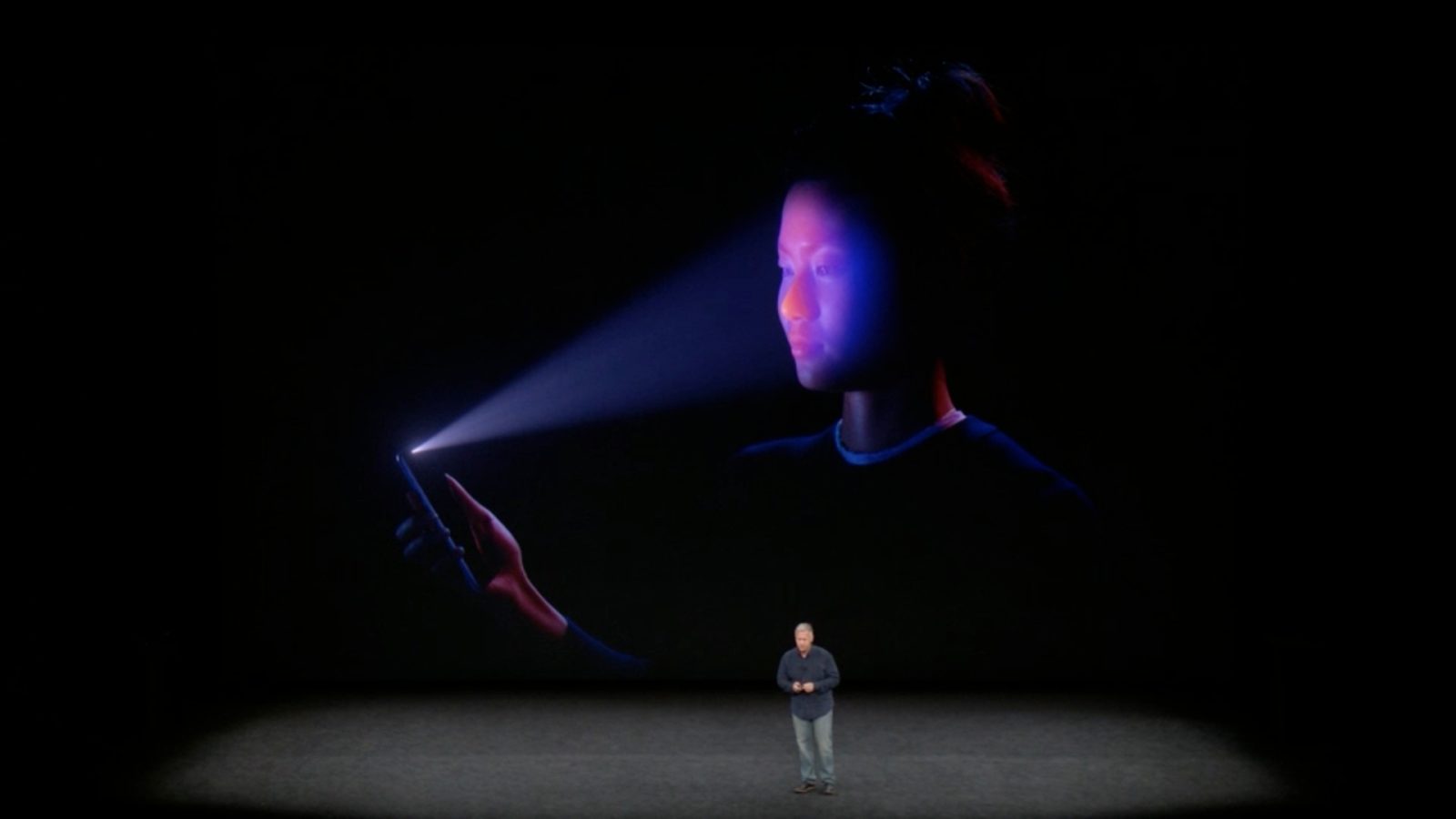Why iPhone X’s Face Recognition Failed
(Hint: It Was Supposed To)
The unveiling of iPhone X hit one major glitch. How Apple recovered and handled it is a master class for all presenters.

The iPhone unveiling in late 2017 was nothing short of epic.
Perhaps the most impressive part of every Apple announcement of this sort is the degree which Apple uses live technology on stage in front of millions of people. Steve Jobs loved this and it drove his people crazy. The anxiety of introducing product which has not yet been released is nothing short of palpitating.
Jobs did this flawlessly at the 2007 intro of the iPhone and it’s reported that every time a part of the demo went well the Apple techies and engineers backstage would take a swig of whiskey to celebrate. By the time the entire demo was done they were ready for detox.
Yet, Jobs was a master at puling this off flawlessly. It inspired people to believe in a company that so believed in itself. Nothing inspires like confidence!
So, it’s little surprise that Apple once again took on that risk with the show at the Steve Jobs Theater this week.
And it was going flawlessly until it came to show the single most powerful new feature of the iPhone X was introduced, Face Recognition to unlock the iPhone. It was the worst possible moment for things to go wrong.
Craig Federighi, Apple’s senior vice president of software engineering, was preparing to show how fast and smooth face recognition was by using the primary demo phone. As he held the phone up it immediately went brought up the familiar manual code entry screen. That’s when things could have gone very, very wrong.
But Federighi and Apple were prepared, and what followed was classic Apple–and a lesson for anyone doing a demo gone bad. (See the video above to view the incident exactly as it happened.)
Without missing a beat Federighi picked up the backup phone and used the face recognition without a hitch. That could have been the end of it but it wasn’t. The biggest problem most presenters have when something goes wrong is to keep acknowledging it, make apologies, get flustered, and lose momentum and enthusiasm. But Federighi did none of that, he just kept on going. Kudos to him because, having been there many times and having seen many people in the same position, this is not an easy thing to do.
After the announcement, social media went wild with talk about the flaw. And Apple came right back to explain exactly why the primary phone did what it did. Turns out that during set up the demo iPhone was being used by handlers who were using their face to unlock the phone. Well, guess what? It was set up for Federighi’s face! So, the phone did exactly what it’s supposed to do after too many attempts to unlock it using face recognition: it required a passcode.
All of this is a master class in what to do when things go wrong:
1) If it’s not bothering me then it shouldn’t be bothering you
Keep going. No matter what, the audience will react as they feel you are reacting. You will project your anxiety, humor, befuddlement on them. Federighi was honest “lets go to the backup,” hebhad said. He wasn’t flustered, and he didn’t look back. The message was, if it’s not bothering me then it shouldn’t be bothering yo (as opposed to, if I’m sweating bullets then you’d better be worried).
2) If you want to plan for success make sure you also plan for failure
There was a backup! You can never have enough redundancy. And, while I do not know for sure, I will bet there was yet another backup on or near the podium, and yet another autoplay demo if none of those worked. If you want to plan for success make sure you also plan for failure!
3) Confidence inspires confidence
Apple was transparent and joined the conversation as soon as possible. They scoured the phone’s logs and found out exactly what had gone wrong and told us about it. Confidence inspires confidence.
The lesson learned from all of this? Epic doesn’t just happen. You have to be prepared, committed, and ready to deal with failure. In short, if you want epic then you had better be epic. And this definitely was!
This article was originally published on Inc.
Image credit: 9to5mac.com
Wait! Before you go…
Choose how you want the latest innovation content delivered to you:
- Daily — RSS Feed — Email — Twitter — Facebook — Linkedin Today
- Weekly — Email Newsletter — Free Magazine — Linkedin Group
 Tom Koulopoulos is the author of 10 books and founder of the Delphi Group, a 25-year-old Boston-based think tank and a past Inc. 500 company that focuses on innovation and the future of business. He tweets from @tkspeaks.
Tom Koulopoulos is the author of 10 books and founder of the Delphi Group, a 25-year-old Boston-based think tank and a past Inc. 500 company that focuses on innovation and the future of business. He tweets from @tkspeaks.
NEVER MISS ANOTHER NEWSLETTER!
LATEST BLOGS
Four ways you can ensure employees take accountability for their work
One of the most important driving factors for any successful business is a high-performing team. Having people working for you…
Read MoreWhat is digital upskilling and why is it important?
Photo by Annie Spratt on Unsplash In a world of business that never stands…
Read More


